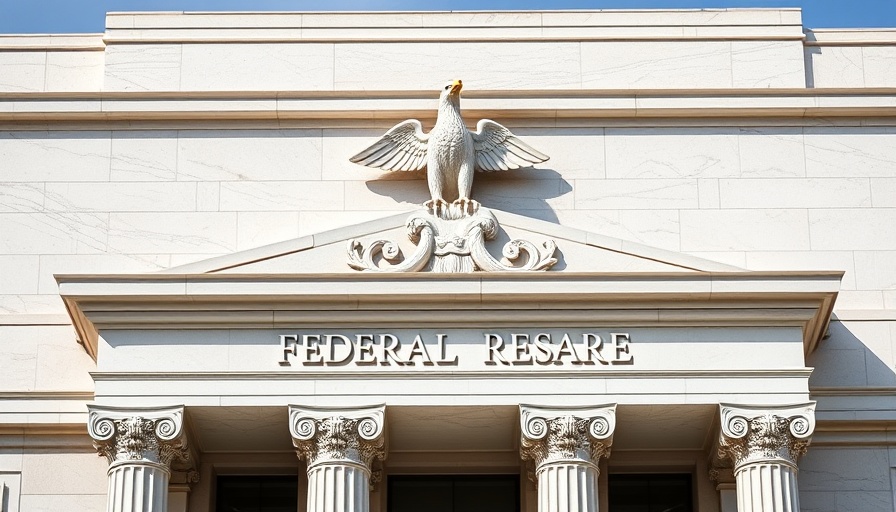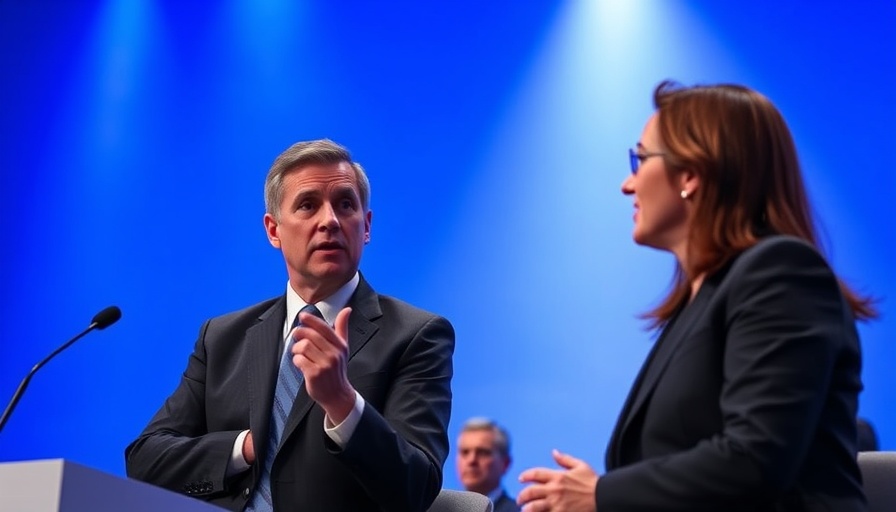
Understanding the Tensions Between Federal Officials and Political Power
In recent times, tensions between President Donald Trump and Federal Reserve Chair Jerome Powell have been on full display, prompting speculation about imminent changes in interest rates. For investors anxiously awaiting a pivot away from high rates, it’s crucial to discern the underlying dynamics at play. History teaches us that political pressures seldom lead to swift changes in monetary policy; therefore, expectations for rapid rate cuts may simply reflect inflated hopes rather than reality.
The Weight of Historical Precedent
Historical examples illustrate how presidents have attempted to sway Federal Reserve chairs, often to no avail. For instance, in 1965, President Lyndon Johnson confronted Chair William McChesney Martin over a rate hike, fearing it would disrupt domestic programs. Despite Johnson's intense pressure, Martin chose to remain steadfast, a decision that highlights the Fed's enduring independence. Such examples serve as reminders that political theater rarely influences Federal Reserve decisions.
Why Powell Stands Firm Against Political Pressure
In the face of scrutiny, Jerome Powell has consistently emphasized the importance of data-driven decision-making. His commitment to his role transcends any political aspirations, marking a clear delineation between monetary policy and the pressures of the political landscape. Unlike some of his predecessors, who may have viewed their positions as stepping stones to other roles, Powell appears focused on safeguarding his legacy, choosing not to yield to transient political whims. Maintaining independence is not only essential for his reputation but vital for the credibility of the Federal Reserve itself.
Implications for Investors: What to Expect Moving Forward
As investors navigate this landscape, it is critical to differentiate between speculation and the realities of monetary policy. The interplay of politics and economics is complex, but the Federal Reserve's history suggests that significant shifts in interest rates are unlikely without sound economic justification. Investors should remain cautious and informed, basing their decisions on the broader economic context rather than reactive political cues.
 Add Row
Add Row  Add
Add 




Write A Comment